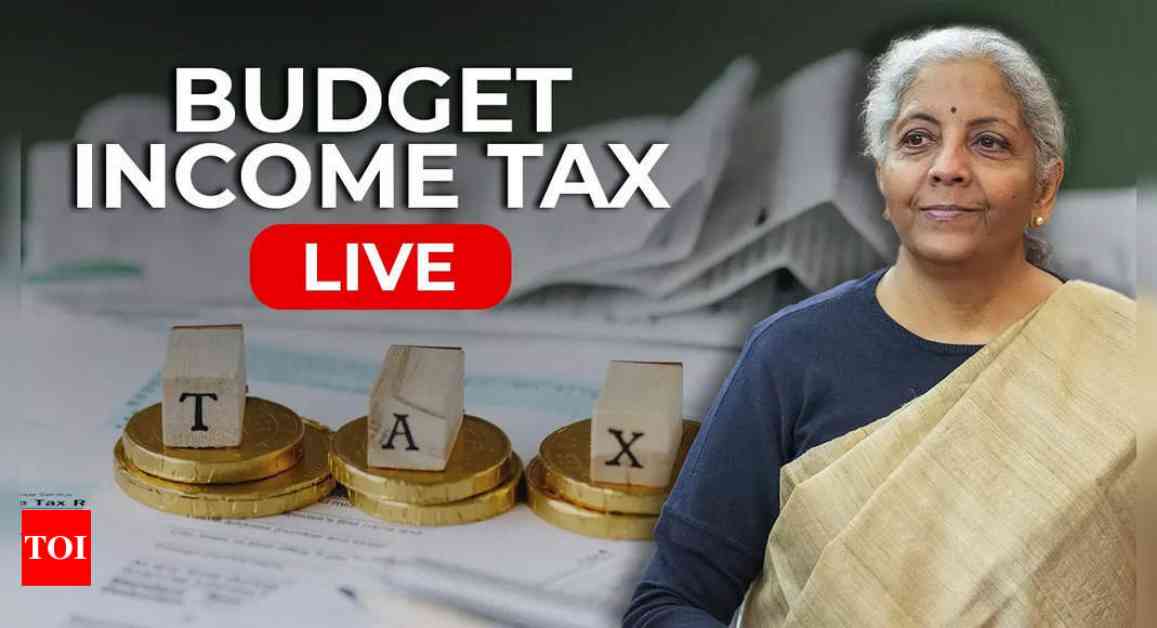The anticipation surrounding the 2025-26 Budget Income Tax Slabs is palpable, as taxpayers eagerly await updates on FM Sitharaman’s Income Tax Relief and Rates for Salaried individuals. The prospect of potential changes to standard deductions, income tax slabs, and tax rates under the new tax regime looms large, sparking discussions among experts and taxpayers alike.
Enhancing Standard Deductions for Taxpayers
Standard deductions serve as a significant aspect of income tax calculations, offering relief to individuals across various income brackets. With the absence of major deductions or exemptions in the new tax regime, the call for increasing the standard deduction further is gaining momentum. Experts suggest that a higher standard deduction could effectively lower taxable income, providing substantial relief to individuals, especially those in lower to middle-income categories.
Surabhi Marwah, Tax Partner at EY India, highlights the importance of aligning standard deductions with the Government’s focus on promoting the new tax regime. While the likelihood of a standard deduction increase in the old tax regime remains uncertain, the push towards making the new tax regime more appealing continues to drive discussions and expectations among taxpayers.
Reforming Income Tax Slabs for a Unified System
The evolution of income tax slabs and rates under the new tax regime calls for a reevaluation to ensure a more streamlined and beneficial system for taxpayers. Experts emphasize the need for simplification and enhancement of the current structure to facilitate tax savings and compliance.
Deepashree Shetty, Partner at BDO India, advocates for fundamental changes such as increasing the basic exemption limit and introducing a new 25% tax rate slab to offer additional relief to middle-income earners. By addressing inconsistencies in tax slabs and rates, the government can create a more coherent and equitable tax framework that resonates with taxpayers across different income levels.
Streamlining Compliance and Procedures
As taxpayers navigate the complexities of income tax laws, the need for simplification and transparency in compliance processes emerges as a critical aspect of the upcoming budget discussions. Initiatives like faceless assessment and appeal mechanisms have aimed to ease the compliance burden for taxpayers, promoting greater efficiency and accountability in tax administration.
KPMG in India underscores the importance of simplifying compliance procedures under the income tax laws, with a focus on resolving disputes, streamlining TDS provisions, and enhancing tax certainty for taxpayers. By addressing these key areas, the government can foster a more conducive environment for taxpayers while promoting better compliance and administration of income tax regulations.
As the Union Budget approaches, the spotlight remains on potential changes to income tax slabs, standard deductions, and tax rates, offering a glimpse into the government’s vision for a more taxpayer-friendly and efficient tax system. Stay tuned for updates on the latest developments and insights shaping the landscape of income tax regulations in the upcoming fiscal year.























